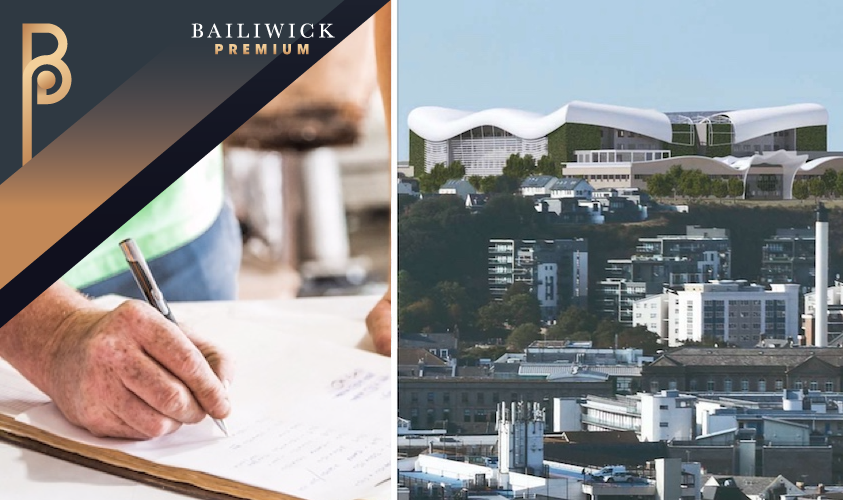


With the £800m future hospital on a tight timescale to welcome patients by 2026, a strict construction schedule accompanied by modern building methods are set to be used to get it up as quickly as possible.
Here, Express lays out the full construction schedule and the building methods that will be used...

Continue reading this article
Log in or sign up for an AIM Plus account now to read this story.
Get more from AIM Plus
Comments
Comments on this story express the views of the commentator only, not Bailiwick Publishing. We are unable to guarantee the accuracy of any of those comments.